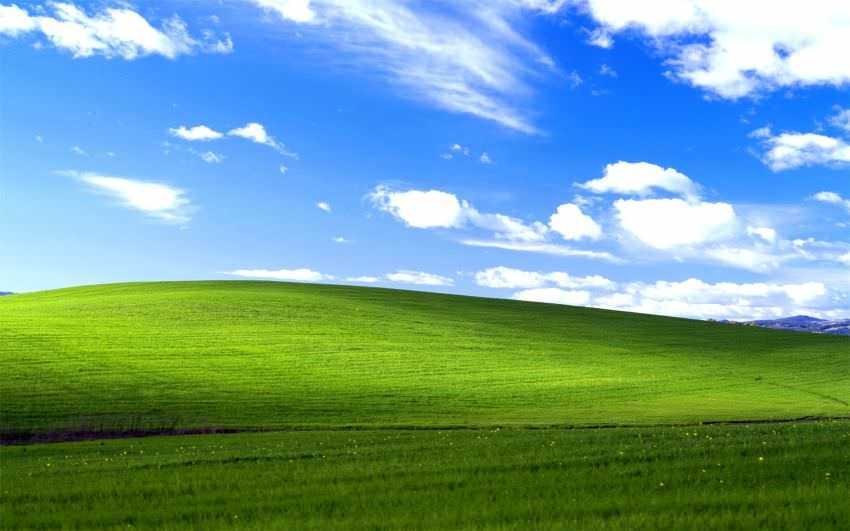Windows XP is finally down, as the 2001 operating system has reached its lowest rate, which is 2,29%.

And while all eyes are on Windows 10 and the soon-to-be-retired Windows 7, Microsoft is still monitoring the course of Windows XP.
And there is a good reason for this: the 2001 operating system launched by 2014 and retired XNUMX, is still, surprisingly, widely used.
However, according to some new statistics provided by NetMarketShare, Windows XP finally goes out after a year of 2018 that was full of ups and downs.
A year ago, Windows XP was operating at about 4,59% of desktop with around the world, which for a operating system that retired four years ago, is a pretty big achievement.
The strangest thing is that its market share at 2018 has improved and reached 5,04% in May, for a reason that is very difficult to explain. Window XP then followed a downward trend by dropping to 3,19% in September of 2018, but they again regained the 4,54% in December.
Since then, however, Windows XP has steadily declined, reaching its lowest share in March 2019. market since their retirement in 2014. The operating system currently has a share of just 2,29% worldwide and there is a good chance that their decline will continue in the coming months.

In case you're wondering why anyone should give up Windows XP, the answer lies in the lack of updates security and support software for those. Not only is Microsoft no longer involved in the vulnerabilities of XP, but third-party application support is also missing, so most of the programs that run on this operating system are already outdated.
And as Wind Winds 7 looks like, they will follow the same story as Windows Window XP, and it will take several years for them to completely erase.






The demand for XR is not so incomprehensible. Many people bought the ultra-small laptops (take people with a scalpel), with pre-installed win10 that worked and did not work for a month and then got stuck because they wanted a son and well upgrades that simply did not fit in the minimal memory space they had. And instead of the SSD being in a replaceable form. If it was stuck on the motherboard it is not upgraded with anything. So put XP that are small and fast to do your job. I have the feeling that today a version of windows is missing that is small and light, and can be updated without giants in receiving the upgrades. There are many computers without damage and with old technology that can not work with the current requirements of win10.
I totally agree, but Microsoft probably thinks differently, in the spirit of consumption. They probably can't imagine that there are people who don't have the latest hardware, or who can't upgrade their devices.